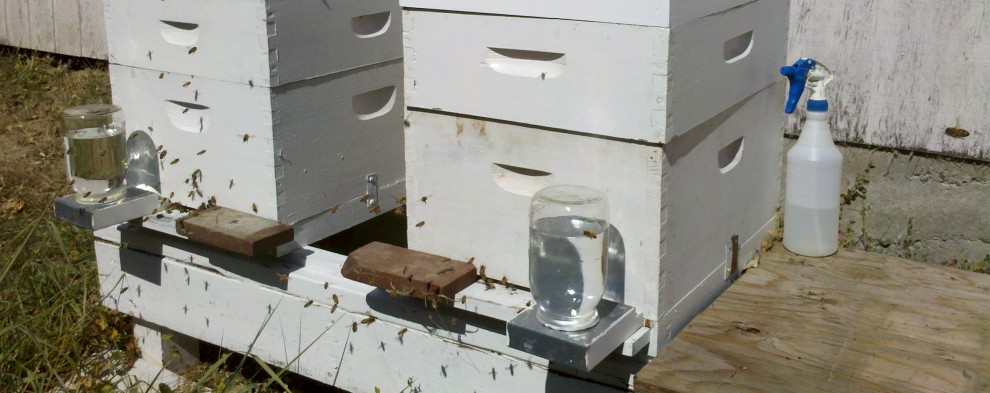Q-“Did you (or your hive) requeen in any form during the 2014/15 season? *” – this is confusing to me as my hive swarmed 4/19/15 and so they requeened but is that the 14/15 season or the 15/16 season? I filled out form as the 15/16 season.
—
A – With April 1st being the end of the previous years season, a swarm in April 2015 would have been outside our window asking for information on overwintering losses of 2014-15 winter but I appreciate your confusion as to how it fit with our survey questions. Thanks for clarification with your comment.
-
Recent Posts @ the Buzz
- The 2023-2024 Bee Survey is now LIVE!
- The Reluctant Spring of 2023
- 2022-2023 Bee Survey is OPEN!
- 2021-2022 Survey Announcement
- Surviving Wildfires & Ice storms – 2020-2021 Survey Announcement
- Q & A – Barely Surviving Spring
- Q & A – Treatment Free Studies
- Q&A – Agricultural sprays & our bees
- 2019-20 Honey Bee Survey is on!
- Q&A – cold/snowy loss
Tags
AFB agricultural crops bee disappearance Brood colony loss confusion costly hobby dead bees dead out drone education Feeding fondant future survey hive loss Honey honey flow honey stores mentors mite mite control mites moisture multiple choice nucs overwinter oxalic acid packages PMS pollen pollination queen sanitation season split spraying survey confusion Survey glitch swarm top bar treatments Varroa Varroa mite control Warre yellow jacketsArchives
- March 2024 (1)
- April 2023 (1)
- March 2023 (1)
- March 2022 (1)
- February 2021 (1)
- April 2020 (3)
- March 2020 (1)
- March 2019 (22)
- February 2019 (1)
- July 2018 (2)
- June 2018 (1)
- May 2018 (2)
- February 2018 (1)
- May 2016 (58)
- April 2016 (1)
- February 2016 (1)
- November 2015 (1)
- September 2015 (3)
- August 2015 (1)
- July 2015 (1)
- May 2015 (6)
- April 2015 (29)
Categories
- 2015 (5)
- 2015 Survey (38)
- 2016 Survey (55)
- Carons articles (15)
- Dr (4)
- Q & A (101)
- Results (1)
- Uncategorized (11)
